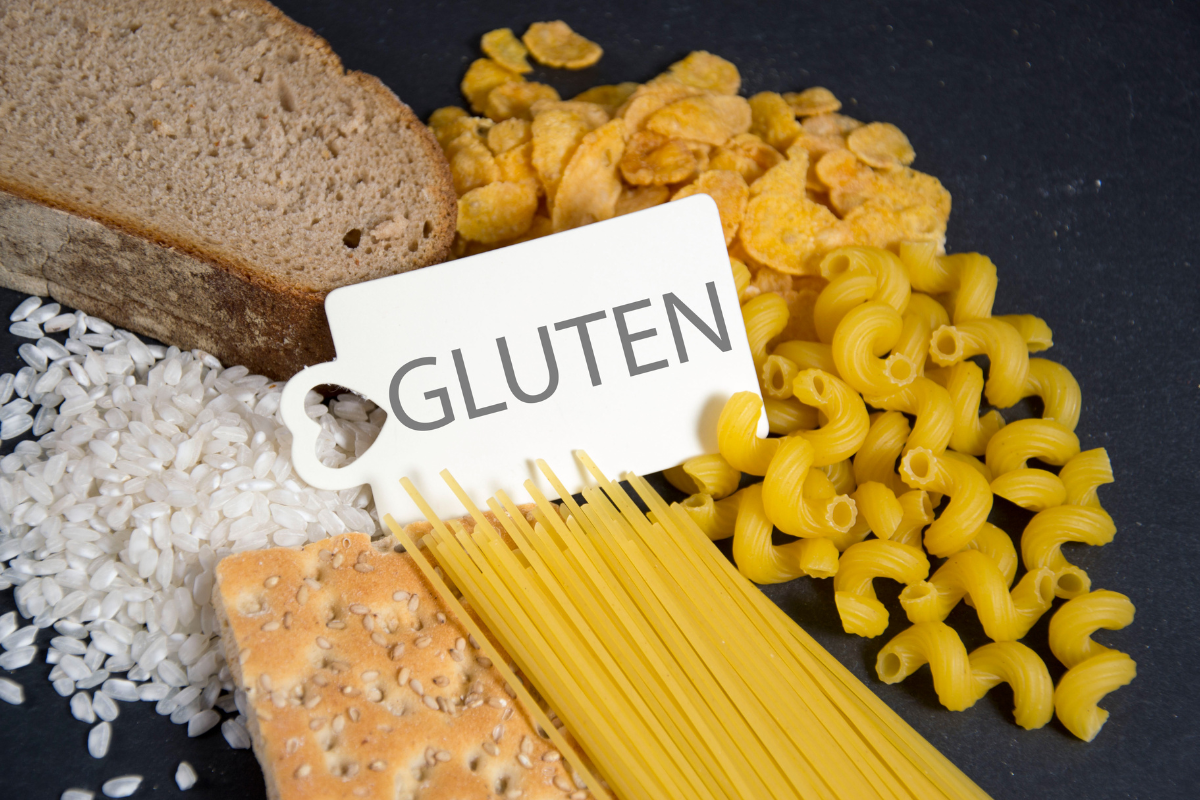Have you been trying to get pregnant but failing consistently? The reason could be gluten. Believe it or not, gluten does have a connection with infertility. Several pieces of research have indicated that gluten intolerance is a significant cause of infertility in men and women. If you've been diagnosed with infertility, you cannot rule out gluten as the cause.
Studies have suggested that women diagnosed as 'infertile' are thrice more likely to suffer from celiac disease. The ones with 'unexplained infertility are six times more likely to be celiac disease patients! Celiac disease itself is caused due to gluten intolerance.
In this blog post, we will be discussing everything that you need to know about gluten and its connection to infertility.
What is gluten?
Gluten is a protein that helps bind grains together when their flour is mixed with water to make a dough. Gluten is found in cereals, pasta, and even beer. Over recent years, gluten-free diets have seen a significant bounce in popularity. Most people started following them due to their immense benefits or because they suffered from gluten intolerance or celiac disease. Celiac disease, as mentioned above, is one of the women's leading causes of infertility - which now brings us to the question: does a gluten-free diet help infertility? The answer is yes. However, before we jump into that, let's see how celiac disease causes infertility.
-
Chronic inflammation
Patients with gluten intolerance are in a constant state of inflammation. However, this only happens only if they continue consuming glutenous foods. The tricky part is that most cases of celiac disease go undiagnosed. Being in a recurrent state of inflammation, the chemicals produce a signal that your body is in danger. This, in turn, sends messes with hormone regulation and signals the body that it is not safe to conceive until the inflammation stops. Chronic inflammation has also been speculated as a significant cause of endometriosis, another disease that hampers the chance of getting pregnant. Inflammation due to celiac disease is also a substantial cause of pregnancy-related conditions like gestational diabetes, preterm labor, miscarriages, and high blood pressure.
-
Autoimmunity
Being an autoimmune condition, celiac disease influences your body to perceive your own cells as a potential threat. This includes sperm. Celiac disease is caused due to two factors - gluten intolerance and/or selenium deficiency. Both these cases can also lead to hypothyroidism, which can be another hindrance to falling pregnant. The best way to avoid this is to go gluten-free and include selenium-rich foods/supplements into your diet.
-
Nutritional deficiency
One of the most effective ways for your body to remain healthy is by absorbing essential nutrients through food. However, this process is hindered in cases of inflammation caused due to gluten intolerance or celiac disease. The absorption of nutrients takes place in the small intestine. When inflamed, the lining in the small intestine doesn't allow the proper absorption of nutrients and causes nutritional deficiencies. Zinc, selenium, protein, fats, vitamin D, and iron are all essential nutrients if you want to conceive. A deficiency in these can lead to trouble in conception.
What's the next step?
Infertility isn't a pleasant experience. However, this can be reversed with lifestyle modifications and proper care. Conception should not be the end goal - you need to focus on a healthy conception, for both yourself and your baby. Try experimenting with a gluten-free diet. It has no side effects, as long as you are eating a balanced diet regardless. For you to see changes, you must follow a gluten-free diet for at least three to six months. That might seem like a long time frame, but you must understand that overall health determines a healthy pregnancy and a healthy baby. You wouldn't want miscarriages or complicated pregnancies or an unhealthy baby, right? Prioritize your health and act accordingly.

